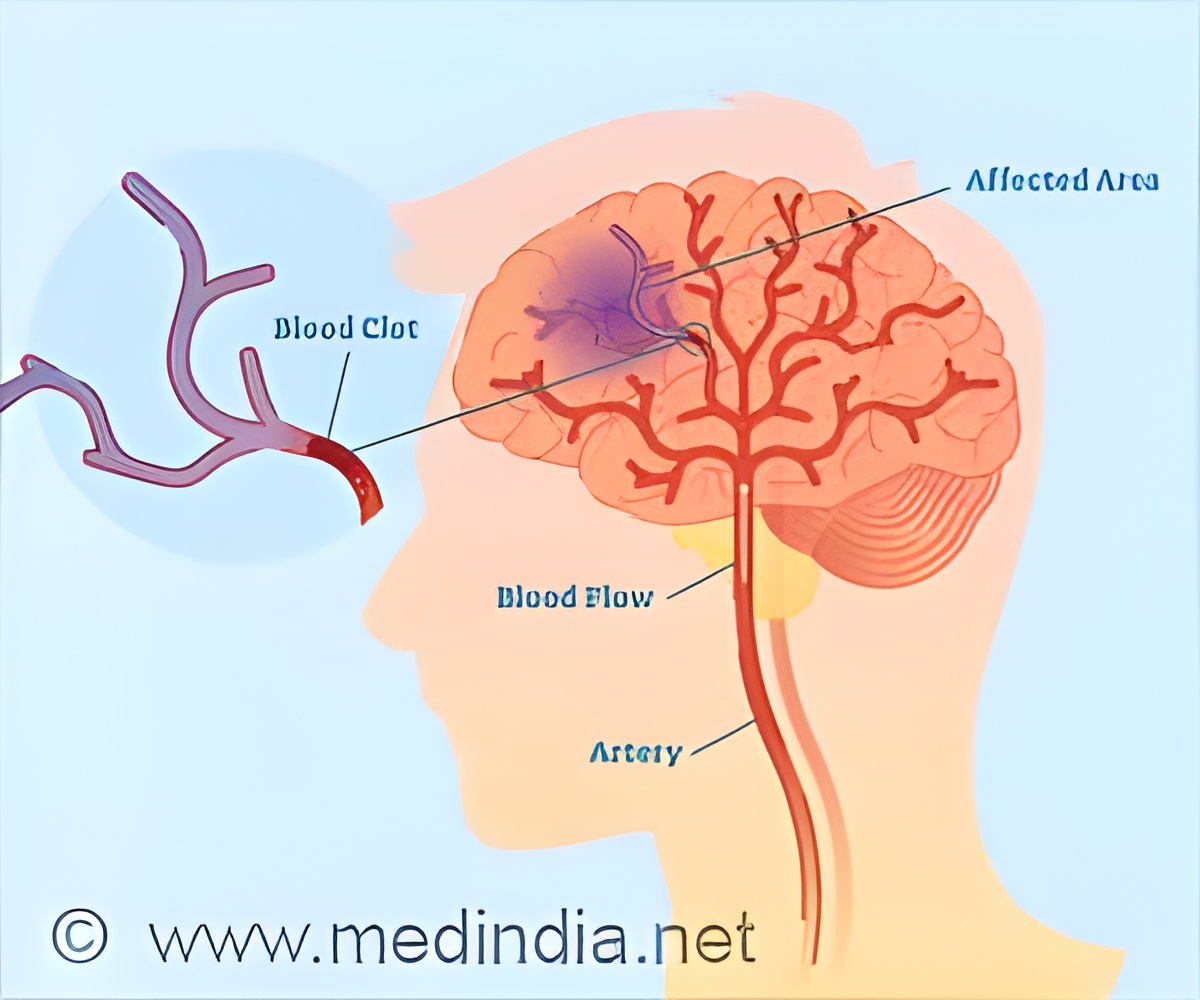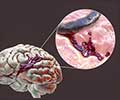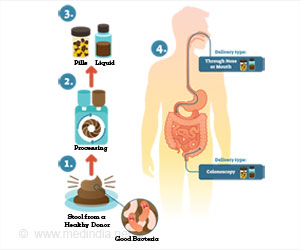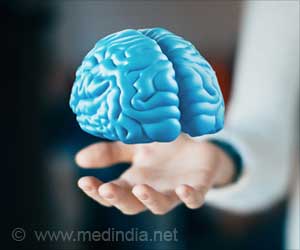Deep brain stimulation for post-stroke rehabilitation shows upper extremity functional improvement.

‘Deep brain stimulation for post-stroke rehabilitation shows upper extremity functional improvement.’





ECT involves passing of small electric currents through the brain under general anesthesia, that triggers a brief seizure and changes in brain chemistry that reverse symptoms of some mental health conditions, most notably depression and mania. MST vs ECT
To overcome the side effects of ECT, the study team evaluated the efficacy of magnetic seizure therapy (MST) over the long term to prevent the relapse of TRD.
MST is a different form of electrical brain stimulation, that induces a seizure in the brain by delivering high-intensity magnetic field impulses through a magnetic coil with minimal effect on surrounding tissues and fewer cognitive side effects.
The study enrolled 30 participants with qualifying diagnoses between February 2012 and June 2019 and who had responded well to an acute course of MST. The participants received a 12 course of continuation MST over six months.
Advertisement
It was found that one-third of the patients experienced a relapse of depression or required psychiatric hospitalization, with no significant differences between those with unipolar and bipolar depression. However, the other two-thirds sustained improvements in depressive symptoms without any adverse cognitive effects.
Advertisement
These results also show that additional MST treatments repeated over a long period continued to be a safe and tolerable procedure.
Source-Medindia













